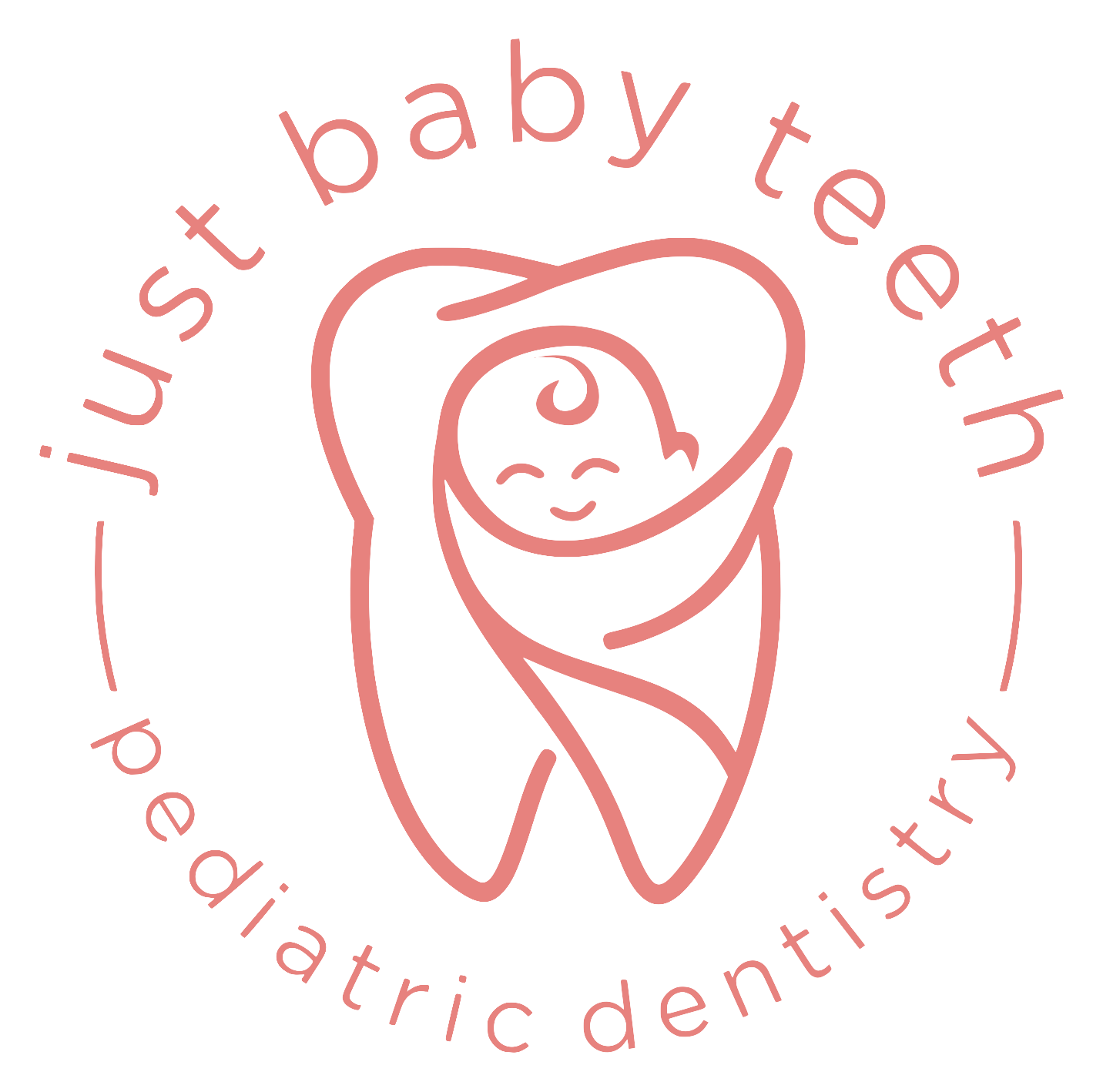Toddler Teeth Grinding: Why It Happens & When to See a Dentist
Is Your Toddler Grinding Their Teeth at Night? Here’s What You Need to Know
If you’ve ever heard a grinding or clenching noise coming from your toddler while they sleep, you’re not alone. Teeth grinding (bruxism) is a common habit in young children, often happening without them even realizing it. While most kids outgrow it by age 6, some cases can lead to dental issues, discomfort, or sleep disturbances. At JustBabyTeeth Pediatric Dentistry, we believe parents should have all the facts to protect their little one’s smile.
Let’s break down why toddlers grind their teeth, what signs to watch for, and when it’s time to visit a Teaneck pediatric dentist for guidance.
Why Do Toddlers Grind Their Teeth?
Several factors can cause a child to clench or grind their teeth, including:
🔹 Teething or Tooth Growth – As new baby teeth erupt, toddlers may grind to relieve pressure or discomfort.
🔹 Improper Bite Alignment – If the top and bottom teeth don’t fit together properly, the jaw may compensate by grinding.
🔹 Stress & Anxiety – Changes in routine, separation anxiety, or new experiences (like starting daycare) can trigger grinding.
🔹 Sleep Patterns & Breathing Issues – Bruxism is sometimes linked to mouth breathing, snoring, or minor sleep disturbances.
🔹 Hyperactivity or Medical Factors – Some children with ADHD or who take certain medications may grind more frequently.
Most of the time, bruxism is temporary and does not require treatment—but monitoring your child’s symptoms is important.
Signs Your Toddler May Be Grinding Their Teeth
Since toddlers grind unconsciously, they may not complain about it. However, signs of bruxism include:
✅ Loud grinding sounds at night
✅ Flattened or chipped baby teeth
✅ Morning jaw pain or soreness
✅ Sensitive teeth when eating hot or cold foods
✅ Disturbed sleep or irritability upon waking
If you notice these signs, it’s a good idea to discuss them with Dr. Jimmy, our board-certified pediatric dentist.
Does Toddler Teeth Grinding Harm Their Teeth?
In most cases, no! Baby teeth will eventually fall out, and occasional grinding does not usually lead to long-term problems. However, chronic or severe bruxism can:
🔸 Wear down tooth enamel, leading to sensitivity
🔸 Cause jaw discomfort or headaches
🔸 Result in premature tooth loss in extreme cases
During your child’s routine dental checkup at JustBabyTeeth Pediatric Dentistry, we’ll check for any signs of excessive tooth wear and determine if intervention is needed.
How to Help Your Toddler Stop Grinding Their Teeth
If your child’s bruxism is mild, the best approach is often watchful waiting—most toddlers outgrow it naturally. However, if grinding is frequent or causing discomfort, try these simple strategies:
🛏 Create a relaxing bedtime routine – A calm environment can ease stress-related grinding. Read a book, play soft music, or use a nightlight.
😴 Improve sleep quality – Ensure your child’s sleeping position supports proper breathing and that they are well-rested.
🦷 Use teething relief if needed – If grinding is linked to teething, provide a teething ring or cold washcloth before bed.
🍎 Avoid sugary snacks before bedtime – This helps reduce cavity risk, especially if teeth are worn down.
💆♂️ Try jaw relaxation techniques – A warm compress on the jaw before bed can reduce muscle tension.
For more tips on toddler dental care and prevention, check out our philosophy on gentle, stress-free dentistry.
When Should You See a Pediatric Dentist?
While most children grow out of bruxism, you should consult a dentist if:
❗ The grinding is loud and frequent
❗ Your child wakes up with consistent jaw pain or headaches
❗ You notice visible wear or chipping on baby teeth
❗ Their sleep is frequently disturbed
At JustBabyTeeth Pediatric Dentistry, we specialize in caring for little smiles ages 7 and below. Our fun, themed exam rooms and child-friendly approach help make dental visits easy and stress-free.
If you’re concerned about your child’s teeth grinding, schedule an appointment today—book online in just 2 minutes!

